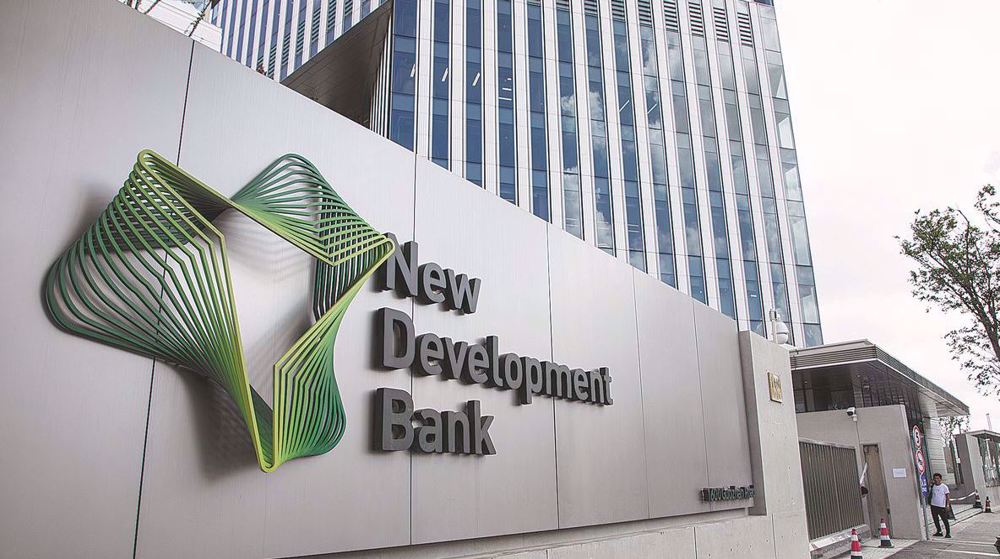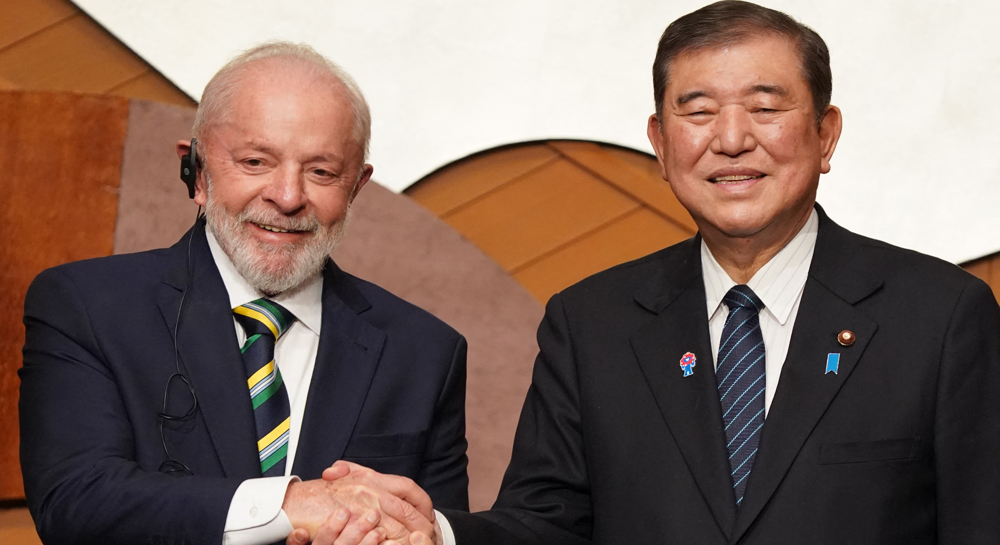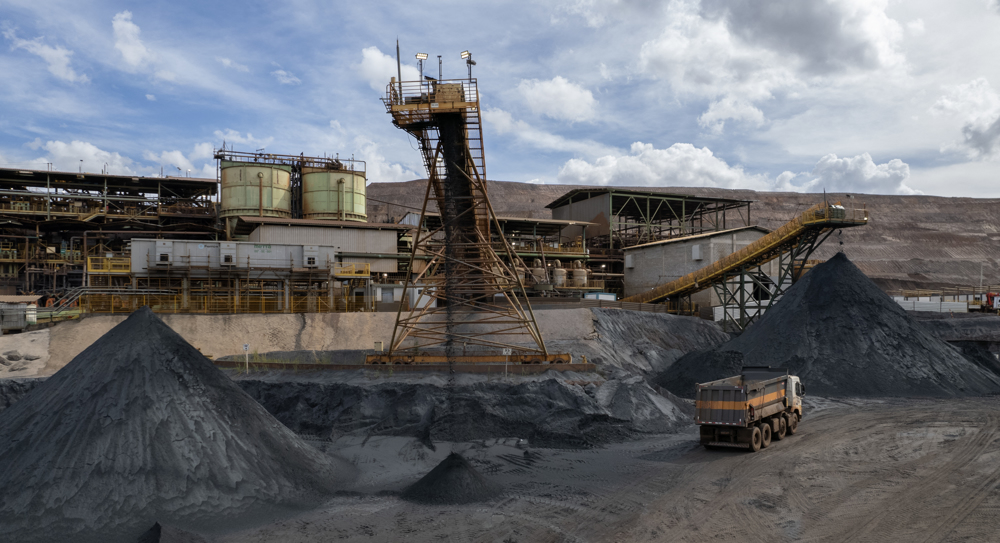Rallies held for, against Rousseff in Brazil
Widespread protests have been held in major Brazilian cities for and against sacked president Dilma Rousseff following a vote by the country’s Senate to permanently remove her from the presidency at the end of an impeachment trial.
On Wednesday, Rousseff’s supporters took to the streets in the cities of Rio de Janeiro and Sao Paulo to show their anger at the Senate’s decision to oust the 68-year-old leftist politician.
Following Rousseff’s ouster, Michel Temer, her vice president-turned-opponent, who had taken over as interim president during the impeachment process, was sworn in as the Latin American country’s new president.
Holding banners and placards, the demonstrators in their hundreds chanted “Out with Temer,” and “Fight forever, Temer never.”

Earlier in the day, senators had voted by a majority of 61 to 20 to depose Rousseff, who is convicted of breaking fiscal rules in her management of the 2014 federal budget, a charge she had adamantly dismissed throughout the entire impeachment process.
“This government does not represent us,” said a protester in a pro-Rousseff rally.
“We are protesting against the coup and fighting for democracy,” said another protester.
The demonstrations in Sao Paulo turned violent, and riot police used tear gas and water cannons to disperse crowds of protesters.

A demonstrator in the anti-Rousseff camp said, “After almost two years of movement out in the streets for the impeachment, they managed their victory, so today we are holding a small celebration of the definitive removal of Dilma Rousseff.”
Temer will now rule until the end of Rousseff’s presidential term and the next scheduled elections in late 2018.
In his swearing-in ceremony, he promised a “new era” of government for the crisis-hit country.
The Senate, the upper house of the Brazilian Congress, had voted to suspend Rousseff in May.

During a trial session on Monday, Rousseff denied the allegations against her and called the impeachment a coup d’état.
Under Brazil’s constitution, a sacked president loses political rights for eight years and should be banned from holding public office for eight years.
In an unexpected move, however, senators held another vote on Wednesday on whether to allow Rousseff to hold public office for eight years after a ruling by Chief Justice Ricardo Lewandowski, the magistrate overseeing her trial.
The majority of the senators voted against preventing the sacked president from holding public office for the next eight years.

BRICS to establish 'digital' payment system: Russian minister

Brazil's Lula urges Japan-Mercosur partnership to counter US protectionism

President Lula: Brazil to reciprocate US steel tariffs
China supports Iran-US indirect talks, defends Tehran's nuclear right
VIDEO | Gaza’s dire conditions hit unprecedented levels
VIDEO | Press TV's news headlines
VIDEO | Pakistan’s business and cultural front unites for Gaza: Nationwide shutdown, boycott announced
US jets carry out more aggression against Yemen
Syrian militants enslaving Alawite women in Idlib governorate: Report
VIDEO | US pro-Palestinian campus protest
VIDEO | Palestinian civil defense rejects Israel’s probe and exposes the crime









 This makes it easy to access the Press TV website
This makes it easy to access the Press TV website